Publications
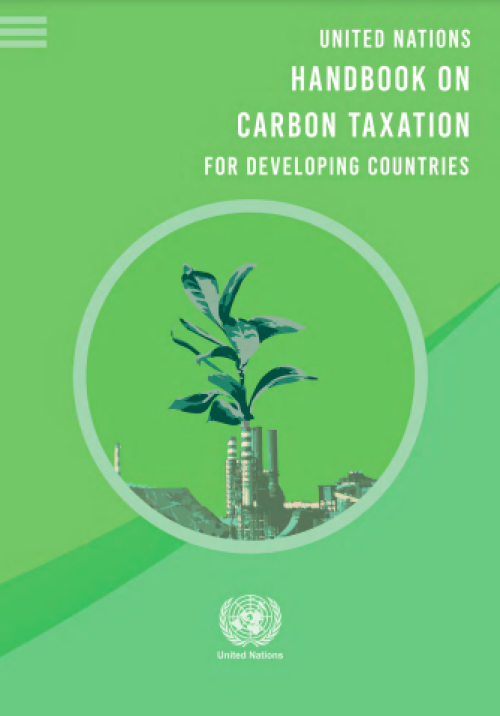
Environmental taxes are on the agenda of many developing countries, for both revenue purposes and for meeting countries’ commitments on climate change and sustainable development.
Carbon taxes are a policy option aimed at curbing carbon-based emissions responsible for climate change, in line with the commitments assumed by countries under the Paris Agreement. Carbon taxes put a price on the emission of greenhouse gases, thereby motivating companies to invest in cleaner technology or switch to more efficient practices. Likewise, consumers may be incentivized to invest in energy efficiency, change their lifestyle habits or, where options are available, switch to cleaner forms…
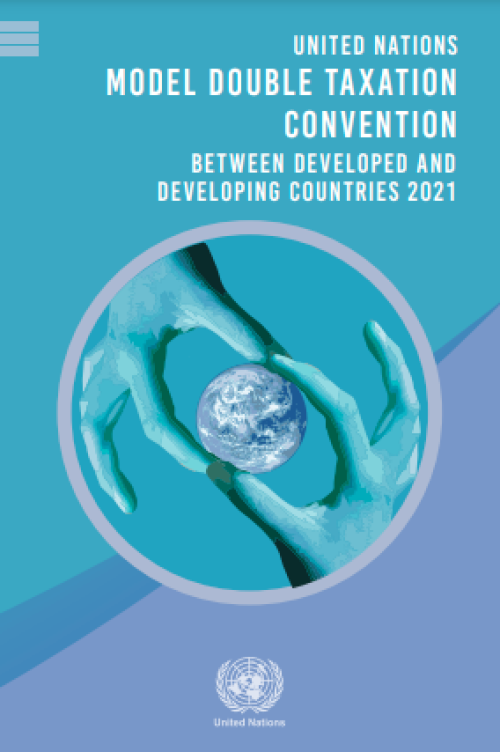
Double tax treaties aim to prevent unrelieved double taxation, in order to foster cross-border economic activity and the transfer of technology. Countries generally use models as a starting point when negotiating tax treaties. As the UN Model Double Taxation Convention between Developed and Developing Countries generally favours retention of greater host country taxing rights, it tends to be relied upon more by developing countries than the OECD Model Tax Convention on Income and on Capital.
The UN Model Taxation Convention consists of articles on the treaty’s scope and on definitions to be used in the treaty. For different kinds of income and capital, it allocates taxing rights…
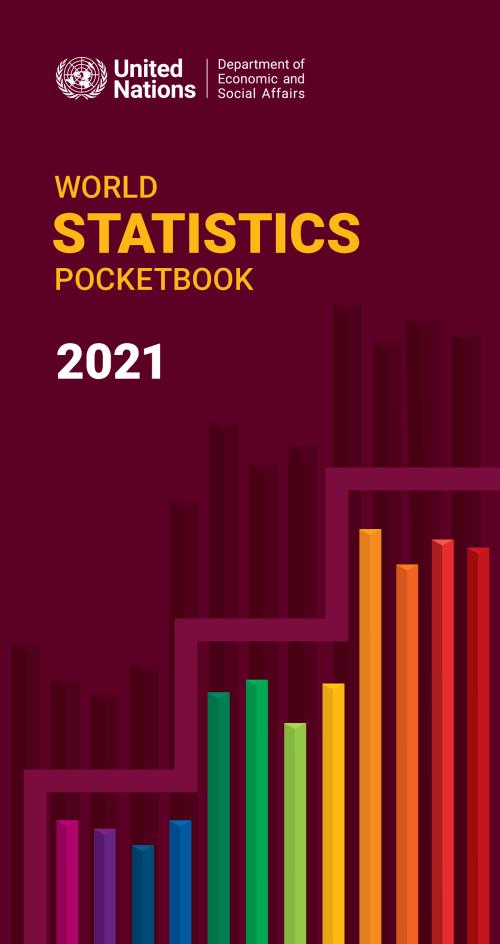
The World Statistics Pocketbook, 2021 edition is the forty-fifth in a series of annual compilations of key statistical indicators prepared by the United Nations Statistics Division of the Department of Economic and Social Affairs. Over 50 indicators have been collected from more than 20 international statistical sources and are presented in one-page profiles for 30 world geographical regions and 232 countries or areas. The Pocketbook is organized into 5 sections; general information, economic indicators, major trading partners, social indicators, and environmental and infrastructure indicators. This issue presents data for the economic, social, environmental and infrastructure…
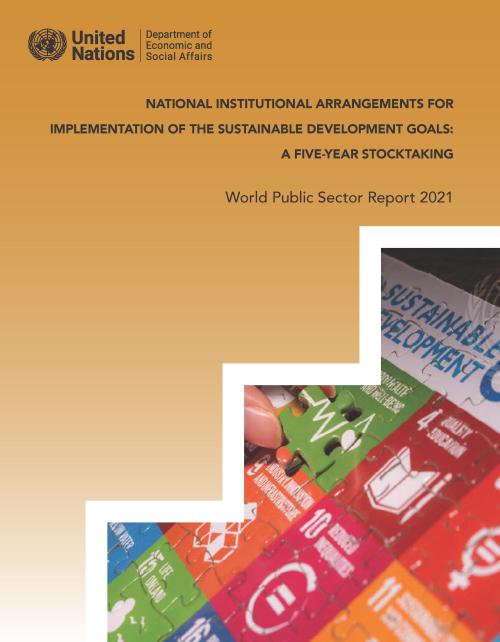
Institutions are paramount to the achievement of the 2030 Agenda for Sustainable Development and all the Sustainable Development Goals (SDGs). Five years after the start of the implementation of the Agenda, governance issues remain at the forefront. The COVID-19 pandemic has highlighted even more the importance of national institutions for the achievement of the SDGs. The World Public Sector Report 2021 focuses on three dimensions of institutional change at the national level. First, it documents changes in institutional arrangements for SDG implementation since 2015. Second, it assesses the development, performance, strengths and weaknesses of follow-up and review systems for the SDGs.…
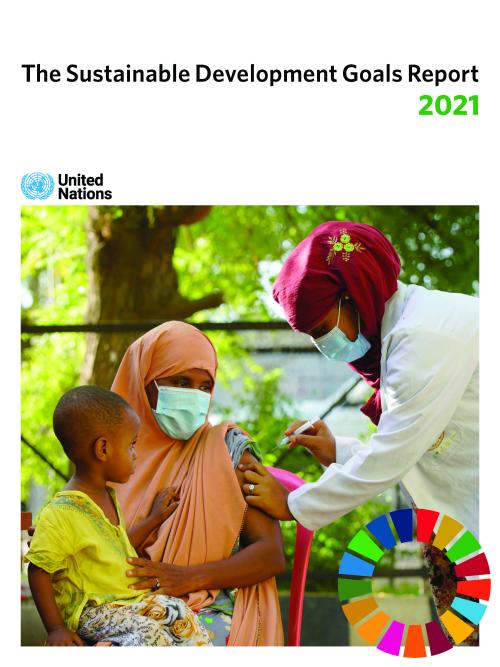
More countries and communities are recognizing the need to bolster efforts to achieve the Sustainable Development Goals (SDGs) in light of the toll the COVID-19 pandemic has taken on people around the world, according to The Sustainable Development Goals Report 2021, released by the United Nations.
The decisions and actions taken during the next 18 months would determine whether pandemic recovery plans would put the world on a course to reach the globally-agreed upon goals that aim to boost economic growth and social well-being while protecting the environment.
According to the report, which tracks global efforts to achieve the SDGs, COVID-19 had caused a major disruption…
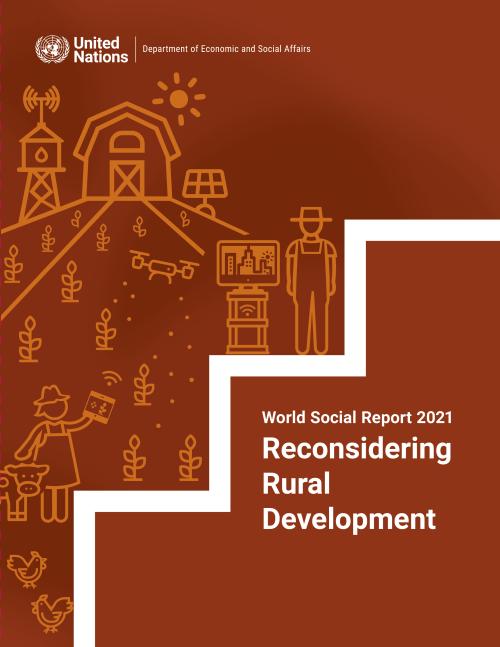
New approaches made possible through improved access and Internet connectivity can raise the standard of living for approximately 3.4 billion people living in rural areas, without them having to migrate to cities, according to the newly released 2021 World Social Report “Reconsidering Rural Development.”
The COVID-19 pandemic, together with already persistent high levels of poverty and inequalities, are threatening to stall progress for the world’s rural populations. But the pandemic has also proven that new technologies can enable rural populations to flourish, ending the rural-urban divide.
UN Secretary-General António Guterres said the new technologies opened up new…
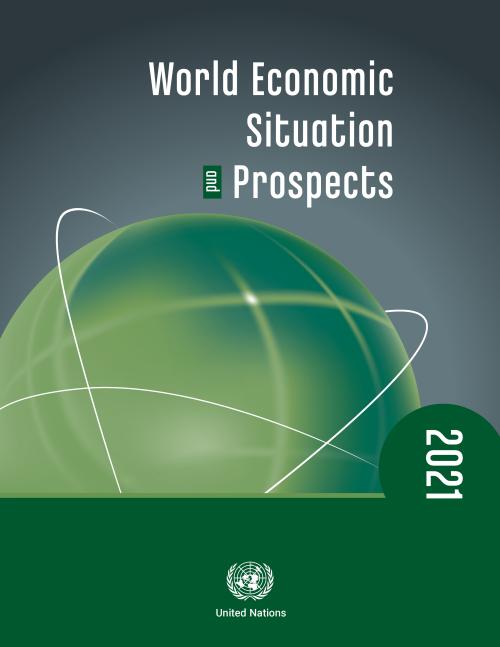
While the global growth outlook has improved, led by robust rebound in China and the United States, surging COVID-19 infections and inadequate vaccination progress in many countries threaten a broad-based recovery of the world economy.
According to the World Economic Situation and Prospects (WESP) mid-2021 report, following a sharp contraction of 3.6 per cent in 2020, the global economy is now projected to expand by 5.4 per cent in 2021, reflecting an upward revision from the UN forecasts released in January. Amid rapid vaccinations and continued fiscal and monetary support measures, China and the United States – the two largest economies – are on the path to recovery.
In…
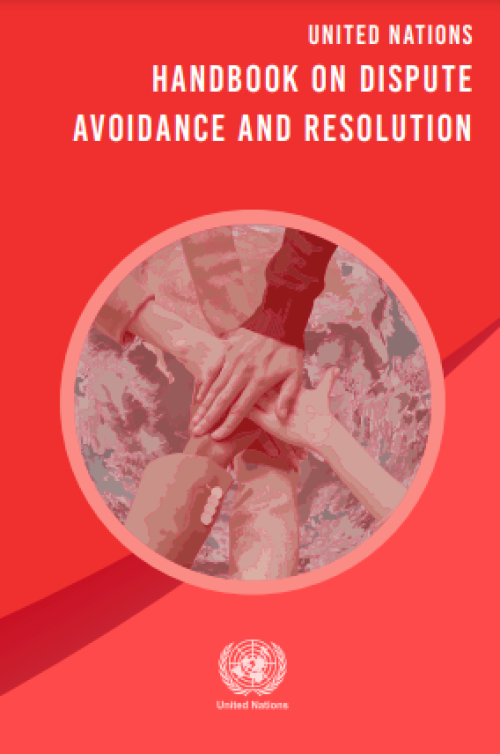
A main preoccupation of those responsible for designing tax systems is minimizing disputes concerning the interpretation and application of income tax laws and ensuring that any disputes are resolved fairly and effectively.
Particularly for tax administrations of developing countries, fair and effective resolution of tax disputes serves to balance the dual country needs to raise domestic revenues and to attract and keep foreign investment. Achieving the right balance contributes to the strengthening of domestic resource mobilization.
The new UN Handbook on Avoidance and Resolution of Tax Disputes provides guidance on the various mechanisms to avoid and, if…
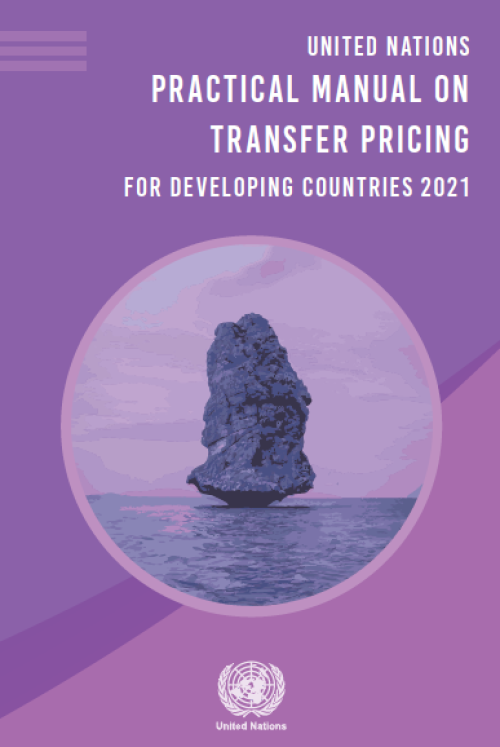
Transfer pricing is the general term for the pricing of transactions between related or associated enterprises. It should reflect the internationally accepted arm’s length principle embodied in Article 9 of the UN Model Double Taxation Convention between Developed and Developing Countries. It is particularly relevant to the global transactions of multinational enterprises, involving the transfer of goods, services and intangibles between enterprises of the multinational groups.
When transactions between associated enterprises do not reflect the arm’s length principle, profits might be shifted to low-tax or no-tax jurisdictions and losses and deductions shifted to high-tax…
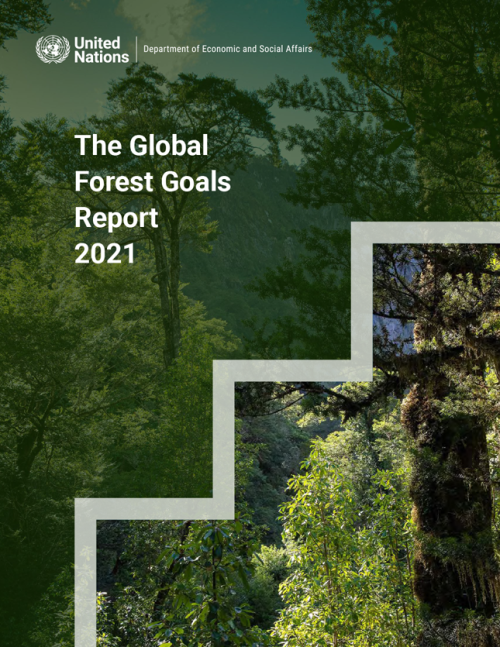
Progress in protecting the world’s forests—and the people who rely on them—is at risk due to the devastating impacts of the COVID-19 pandemic and the escalating climate and biodiversity crises, according to a new report released today by the UN Department of Economic and Social Affairs (UN DESA).
According to the Global Forest Goals Report 2021, the world had been making progress in key areas, such as increasing the global forest area through afforestation and restoration. Many regions, in particular, Asia, Europe and Oceania, appear to be on track to reach one of the key targets of the Global Forest Goals - increasing forest area by three percent by 2030. However, these advances…
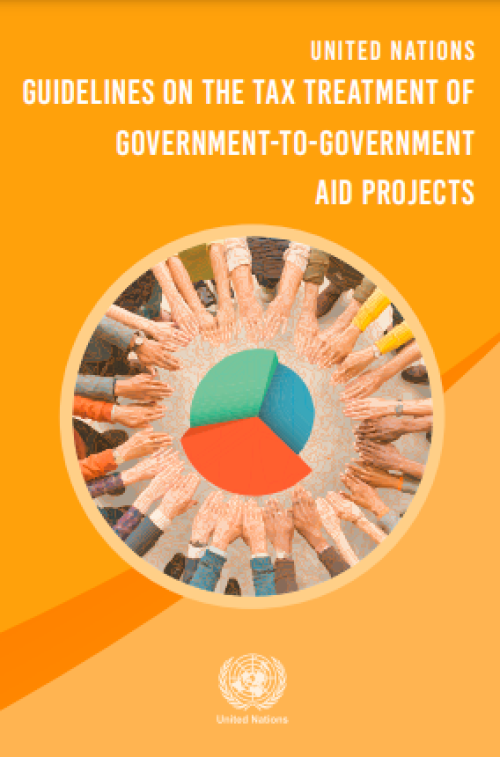
The proliferation of special tax exemptions, including tax exemptions related to government-to-government aid projects, poses a serious obstacle to developing country efforts to broaden their tax base. Donor countries are increasingly conscious of the difficulties that such exemptions create for the tax authorities, and a number of them have reconsidered their policy in this area. This trend is further encouraged by the call in the 2015 Addis Ababa Action Agenda on Financing for Development for countries to consider not requesting tax exemptions on goods and services delivered as government-to-government aid, in order to make their development cooperation more effective.
The new…
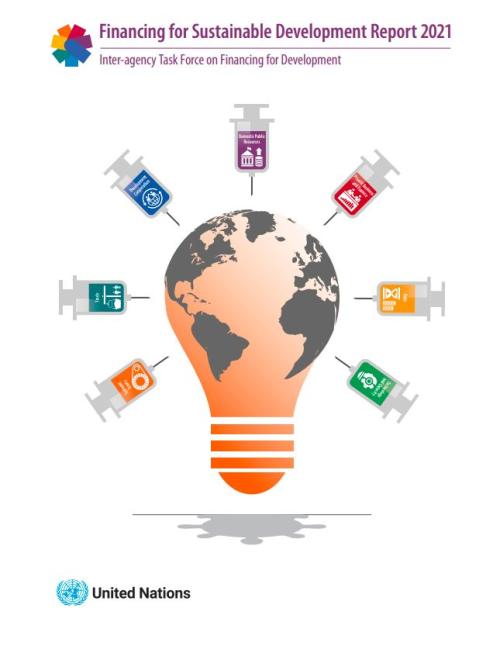
The COVID-19 pandemic is leading to an even more sharply unequal world as the development gains for millions in poor countries are reversed, according to a new report released by the United Nations today.
The Financing for Sustainable Development Report 2021 says the global economy has experienced the worst recession in 90 years, with the most vulnerable segments of societies disproportionately affected. An estimated 114 million jobs have been lost, and about 120 million people have been plunged back into extreme poverty.
Only immediate action can prevent a lost decade for development for many countries.
“What this pandemic has proven beyond all doubt is that we…
 Welcome to the United Nations
Welcome to the United Nations